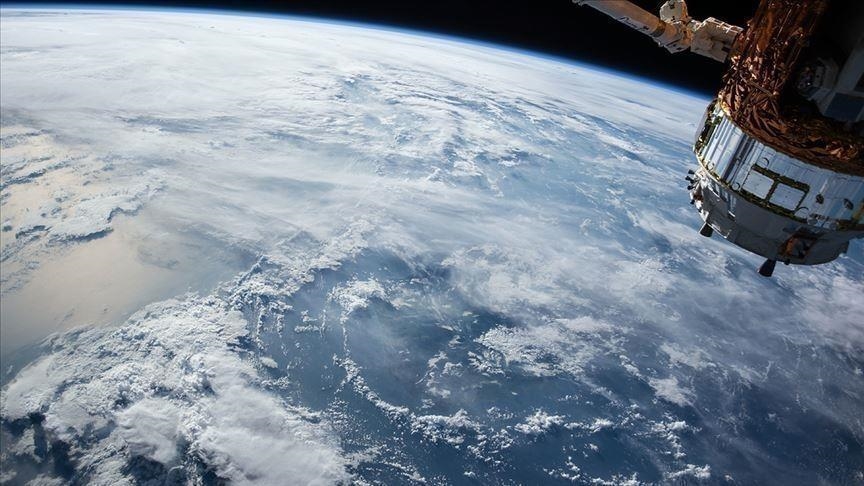Global Courant
Absa says South Africa’s better-than-expected current account deficit for the first quarter of 2023 will be short-lived.
The current account deficit, a broad measure of trade in goods and services, fell to 1% of GDP year on year from a revised 2.3% from the previous quarter.
This was much better than the predictions of Absa (2.2%) and Thomson Reuters (2.7%). In addition, 12 economists surveyed by Bloomberg predicted an average gap of 2.8%.
The better-than-expected deficit was mainly driven by the increase in the annualized trade surplus from R34.2 billion in Q4 2022 to R103.2 billion in Q1 2023, with the value of targeted exports rising to the highest level in nine quarters.
Absa said the boost came mainly from goods trade, which grew from 0.5% in the fourth quarter of 2022 to 1.5% of GDP in 2023. This led to a 6.5% quarter-on-quarter increase in the value of goods exports, as a result of an ‘ever-off’ normalization in Transnet’s operations.
In addition, the volume of exports of both goods and services recovered by 4.2% quarter on quarter after falling by 3.3% in the fourth quarter of 2022.
Although goods imports increased by 3.0% quarter on quarter, this was offset by stronger growth in goods exports.
Meanwhile, the deficit in net services receipts, income payments and current transfers also widened by 0.3 percentage point to 2.5% of GDP, mainly due to a better balance in net services receipts.
However, Absa said that the various economic setbacks facing South Africa are likely to lead to a larger current account deficit.
South Africa’s terms of trade have continued to deteriorate from a global perspective.
South Africa’s export commodity price index, expressed in rand terms, has fallen by 4.6% in the second quarter of 2023 and by 12.5% since early 2023.
Persistent infrastructure bottlenecks, from electricity shortages to rail breakdowns, will also continue to limit export volume growth.
While private sector investment in renewable energy projects is growing and is likely to boost capital goods imports, these projects will only take effect in future quarters.
Against the background of the difficult economic environment, Absa expects that the current account deficit is likely to widen to 2.3% of GDP in the second quarter of 2023.
This will subsequently deteriorate to 2.5% in Q4 23 and 2.7% in 2024.
Read: Rand finally finds some support — but isn’t out of the woods just yet








